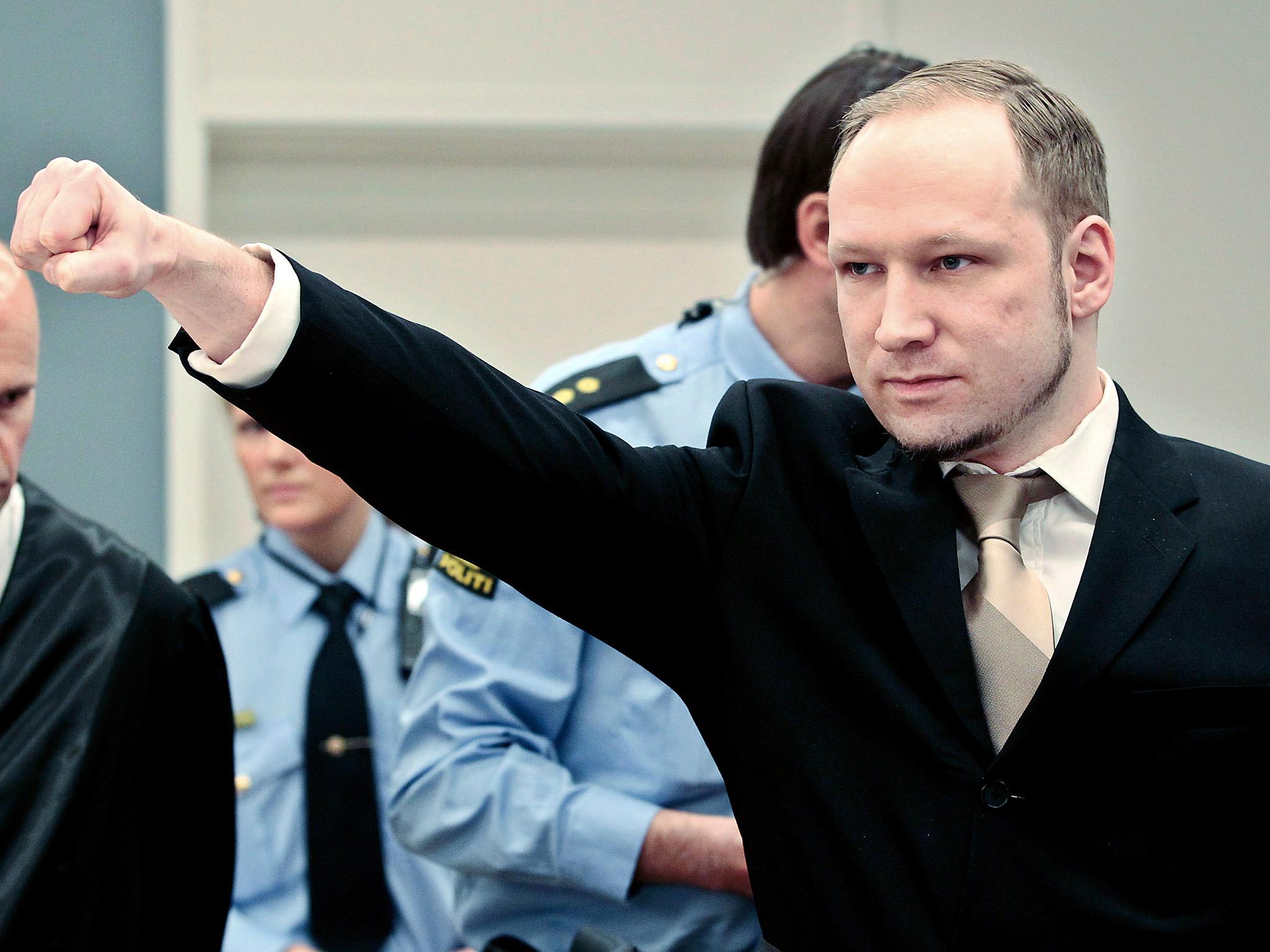Labelling terrorists as mentally ill stigmatises people with mental health problems, experts say
'A psychiatric diagnosis where appropriate is important, but it does not explain motivation'

Linking terrorist attacks to mental health problems risks stigmatising people who are ill and could dissuade some from seeking help, psychiatrists have warned.
While some ‘lone wolf’ terrorists are mentally ill, their conditions did not explain their motives, they added.
Writing in The BMJ journal, the three experts also criticised the Government’s Prevent counter-terrorism strategy, saying there were concerns that health professionals were being asked to act as “agents of the state”.
They said mentally ill people “can develop delusional beliefs that include political or religious content”.
Citing the case of Norwegian mass murderer Anders Breivik, who killed 77 people in July 2011, they said it could sometimes be difficult to distinguish between this and “over-valued ideas common in political or religious ideology”.
“A psychiatric diagnosis where appropriate is important, but it does not explain motivation – diagnosis will interact with prevailing social and cultural concerns,” they wrote.
“We are too ready to invoke ‘terrorism’ as the cause of most sudden and unprovoked acts of individual or group violence, and simultaneously to propose mental illnesses as the explanation behind such complex behaviours.
“Not only does this unfairly stigmatise the many millions with mental health problems, perhaps deterring people from seeking help, but it can also stand in the way of the careful analysis that must be undertaken in each case before coming to judgment.”
The psychiatrists, Professor Kamaldeep Bhui, of Barts and The London School of Medicine and Dentistry, Dr Adrian James, a registrar at the Royal College of Psychiatrists, and Professor Simon Wessely of King’s College London, added that no single diagnosis was associated with ‘lone actor’ terrorism.
In cases where such terrorists have been found to be mentally ill, their diagnoses have included: antisocial and narcissistic personality disorders, schizophrenia, delusional disorder and autism spectrum disorder.
The paper said the Government’s Prevent strategy, which includes measures designed to stop vulnerable people from being recruited by terrorist groups, meant health professionals were “now obliged to show due regard to preventing people from being drawn into terrorism”.
“This has alarmed many practitioners, who are dismayed at their expected participation in state security and point to the paucity of published evidence for the effectiveness of the programme,” the psychiatrists said.
“There are also concerns that doctors will be drawn into state interventions that may breach acceptable ethical standards of practice.
“Concerns about extremist ideas that could result in actual violence are difficult to quantify, but health professionals, including psychiatrists, are asked to follow their organisational guidance on confidentiality and multi-agency risk assessment and management.”
They also wrote that “careful media reporting may be required to reduce copycat episodes, especially among those with depressive or pessimistic outlooks”.
Bookmark popover
Removed from bookmarks